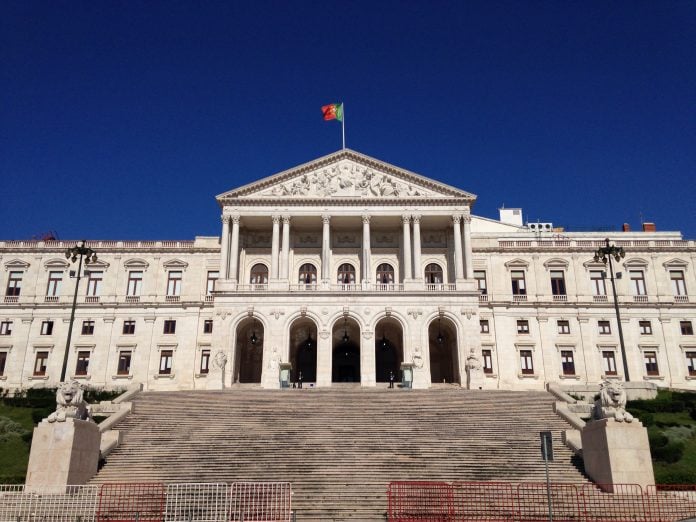Luís Montenegro challenged the Socialist Party (former majority Government) to say whether it would be the ‘democratic opposition’, or a ‘blockage to democracy’.
The new Prime Minister does not seem interested in semantic games or sterile political exercises. He says he is here to rule, and challenges the second biggest political power (the Socialist Party), to assume its role unambiguously.
Montenegro hopes that the other political parties understand their role as opposing forces and choose not to block the program of the new Government just for the sake of blocking. He believes that not rejecting his program does not merely mean letting it start, but that it means letting it start and helping it work by debating and adding value (as a democratic opposition).
The call was directed at the second biggest force, but it was extended to everyone. According to the Prime Minister, what the country needs is to move forward, not to remain stagnated.
Hence, in his first speech as Prime Minister, Luís Montenegro called out the other elements of the Parliament and appealed to their common sense. He stressed that not rejecting his program does not mean a ‘blank check’, but that it does not also mean a ‘bad check’. He asked every single one of them to be authentic when it comes to assuming a position.
Furthermore, the new Prime Minister also stated that he will move forward with his promises of decreasing the tax burden, increasing salaries and pensions, restructuring the public services, and modernizing the State, but that he will not do so under the shade of a Budget surplus. Instead, he will fulfill his promises by leveraging a more productive and competitive economy, and a renewed and more efficient State.
Note that, in his swearing-in ceremony, the new Portuguese Prime Minister stated that ‘this Government is here to rule for the whole legislative period’ (4 years and a half), and that, even though he made no significant changes to the organics so that it could start working right away, ‘it is here to perform a structural transformation of both the economy and the State’.


